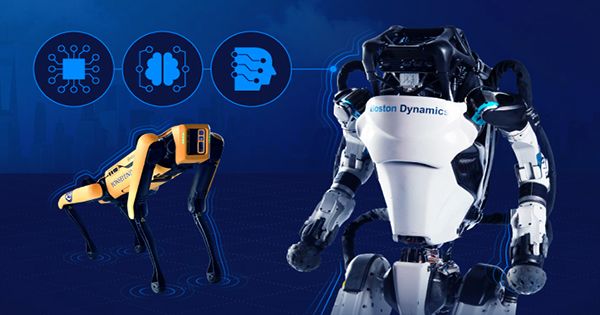This morning, IBM announced the acquisition of Envizi, an Australian startup that would be added to IBM’s ESG (environmental, sustainability, and governance) services to assist assess environmental impact throughout the supply chain. The specifics of the deal are not disclosed, but Envizi will provide Big Blue with a platform for evaluating, managing, and optimizing a customer’s environmental sustainability initiatives. In other words, IBM is approaching the problem from a data-centric standpoint, much as if it did when it was developing Watson Health in 2016, a subsidiary that it is currently attempting to sell.
Companies need data to drive insights, according to Kareem Yusuf, general manager of IBM AI Applications, and that is exactly what Envizi is providing. “Envizi’s software provides businesses with a single source of truth for analyzing and understanding emissions data across the full landscape of their business operations,” Yusuf said in a statement. “IBM’s growing arsenal of AI technologies for helping businesses create more sustainable operations and supply chains is dramatically accelerated by Envizi’s software,” Yusuf said.
Envizi CEO and co-founder David Solsky see this as a method to scale the firm by leveraging IBM’s global reach, which is a common justification for a smaller company gobbled up a much larger one. “Today isn’t the conclusion of an era, nor is it the start of a new one. Rather, it’s a shift to a structure that will allow us to scale at an unprecedented rate and help our clients throughout the world accelerate progress toward their sustainability goals,” Solsky wrote in a business blog post announcing the deal.
Envizi, according to IBM, is AI-driven software that will be added to the company’s existing portfolio of products, which includes the IBM Environmental Intelligence Suite, IBM Maximo asset management solutions, and IBM Sterling supply chain solutions. The latter makes use of the IBM blockchain for sourcing and supply chain traceability, which could increase safety and traceability.
It is worth noting that, while the business continues to explore AI-powered solutions, it did not brand its ESG efforts, Watson, this time, as it did with the healthcare endeavor six years ago. Perhaps IBM has determined that the Watson brand has lost some of its lusters over time and has stopped associating the moniker with all AI-driven solutions within the corporation. The corporation claims to be using these same software tools internally to assist drive its own sustainability efforts as it strives to achieve net-zero greenhouse gas emissions by 2030.
















